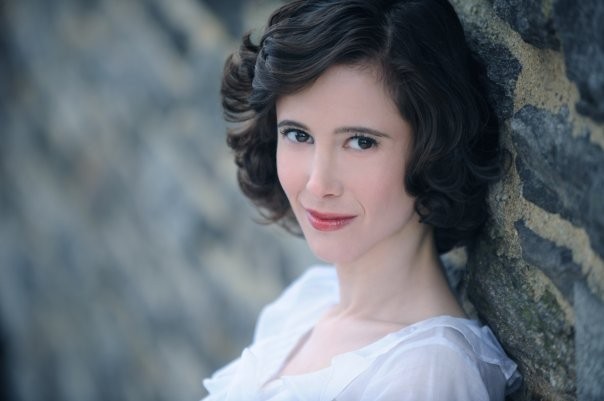We recently connected with Leslie Kendall Dye and have shared our conversation below.
Leslie, appreciate you joining us today. Can you tell us a bit about who your hero is and the influence they’ve had on you?
Tennessee Williams. There are so many artists I could name, some I know personally and a hundred I don’t. I went with Williams because he represents a crucible of tendencies that have shaped my own character and art: longing, pathos, an outlook that is somehow both romantic and cynical. He was hobbled by depression for periods in his life, stumbling and losing his way. He searched for inspiration and found it in places many people would find odd, but that make perfect sense to me. He grieved his whole life for a mother who was wounded and fragile, for whom he felt he could never do enough and away from whom, for periods, he ran as fast as he could. He says in “The Glass Menagerie” that he was “more faithful than he intended to be,” a phrase I find resonant in so many areas of my life. When he wrote, his commitment was total. He also respected women, and the actresses whom he admired he described in great detail, noting each one’s gifts: intelligence, awareness, work ethic, insight. I have a photo of him sitting at his typewriter, which I’ve framed and put on my desk, and when I lose heart, which I often do, I look at it and feel comforted.
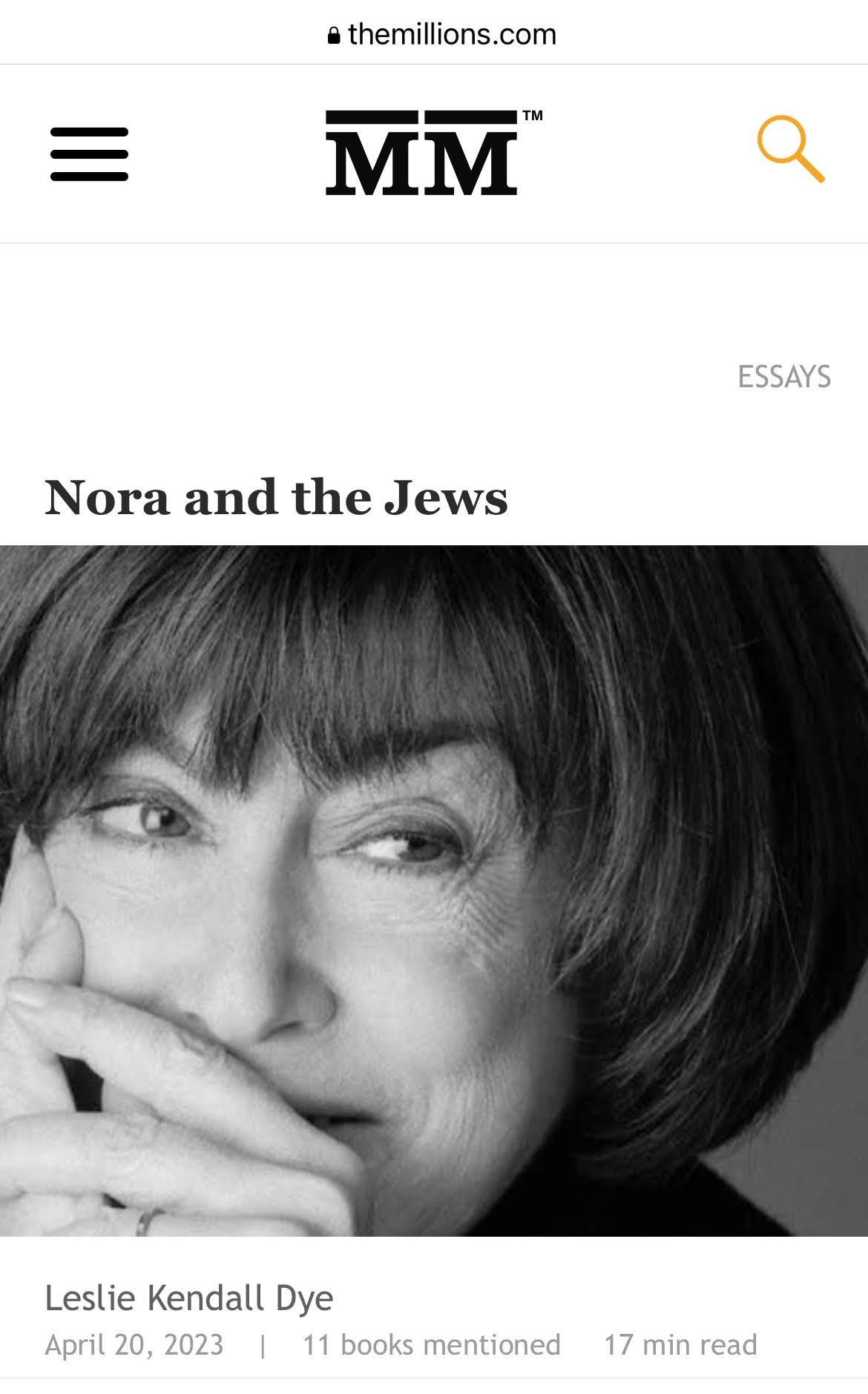
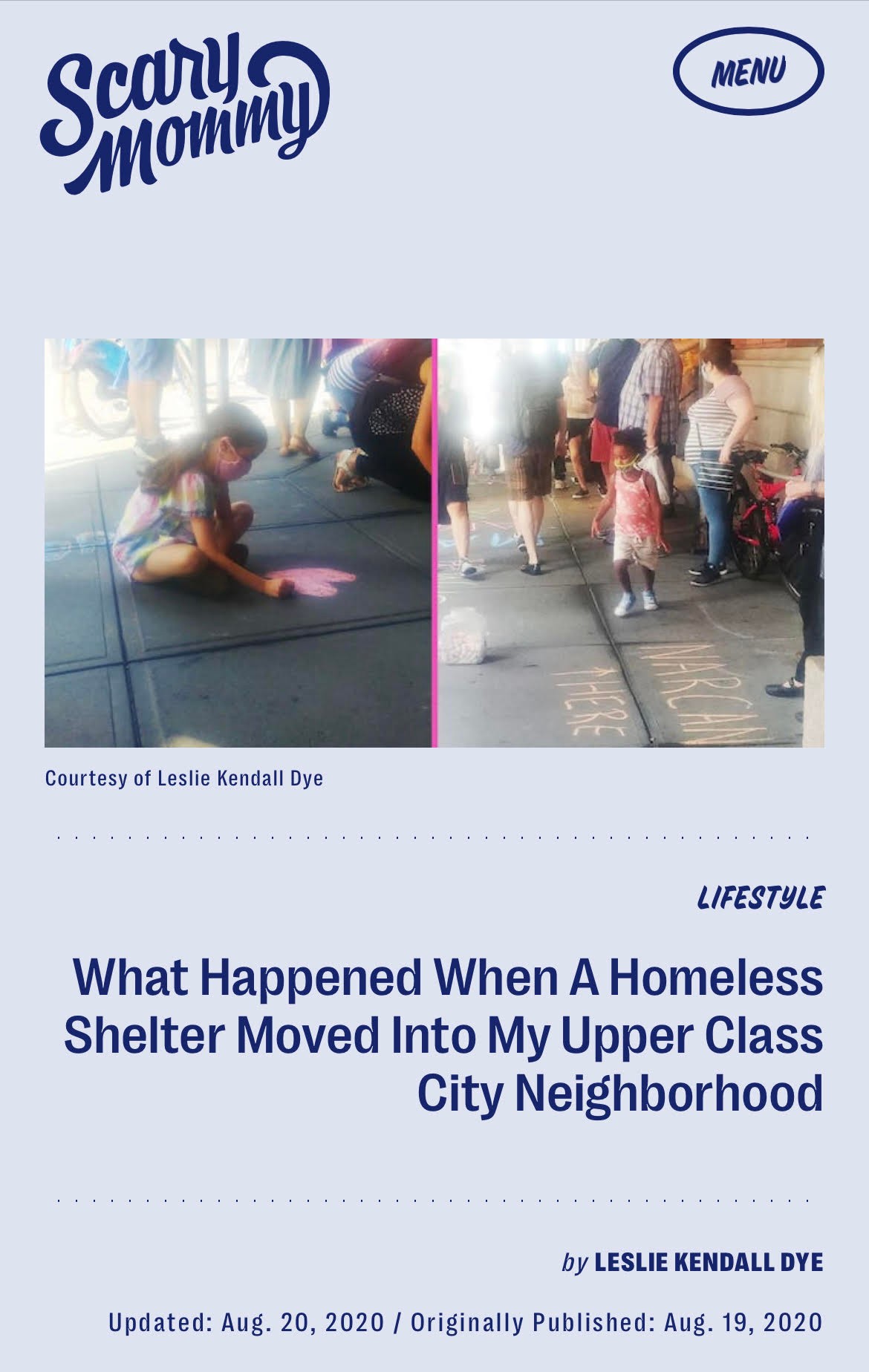
As always, we appreciate you sharing your insights and we’ve got a few more questions for you, but before we get to all of that can you take a minute to introduce yourself and give our readers some of your back background and context?
I am an actor, a dancer, a freelance writer, and a developmental and copy editor. I became an actor at eleven, working in film and television in Los Angeles after being spotted by a film executive while I was performing in a ballet adaptation of the “The Little Prince.” I became a ballet dancer because I idolized my older sister and she took ballet. I became a writer when my own child was small, because I didn’t want to travel for acting, and I could write–and sometimes sell!–essays from home. I became a developmental and copy editor because writers began seeking my help with their essays and articles, and I was able to help them with a range of things: story arc, theme, dialogue, sentence clarity, grammar, and usage. I found that it was a joy to help others share their stories, whether fiction or nonfiction. Just as a ballerina returns to the barre every day and runs through the same exercises, which build in complexity as the class continues, a writer edits both her own work and the work of others in order to maintain her facility with language and storytelling. “Use it or lose it,” as they say in the dance world. Every one of my trades is vitally interconnected. Ballet sharpens my wits for writing, editing sharpens my eye for detail, which sharpens my own writing, acting keeps me constantly aware of the need for vibrant dialogue and it also keeps me open and vulnerable, which makes me a better writer, editor, and friend. You cannot edit well unless you have boatloads of empathy, and each of my roles in life expands my empathy–including being a mother!


Can you share a story from your journey that illustrates your resilience?
When I was in my mid-twenties, I sprained my ankle in ballet class. It was a bad sprain, and I was on crutches and then in a boot cast for close to a year. In that time, the clinical depression that I have periodically suffered from all my life became unmanageable. It became clear later that dance had been a big part of maintaining my mental health. By the time I was able to walk normally again, I was in a dark place. I tried various medications for depression, none of which worked. Eventually, my mother took me to Lenox Hill Hospital, where I stayed for about a week and received E.C.T. When I left the hospital, I felt I had been given a new lease on life. My brain functioned once more, and my optimism and sense of hope were restored. That bout of depression was severe enough to make me feel broken in spirit and mind. I look back on that time and realize I walked an achingly lonely path and survived. Knowing I was able to be restored from such a sense of ruin has changed me for the better. I am less daunted by a challenge, and I have greater stores of empathy. I am aware of how great a role luck plays in all our lives, and how grateful I should be when it comes my way. Since that episode so many years ago, I have undergone several surgeries to repair my dysplastic hips and have had two surgeries to remove a rib in which a tumor had grown. Even though I had a four-year-old child in that year of six surgeries, I reminded myself that I had enough resources to travel through hardship, and to be happy and whole afterward.
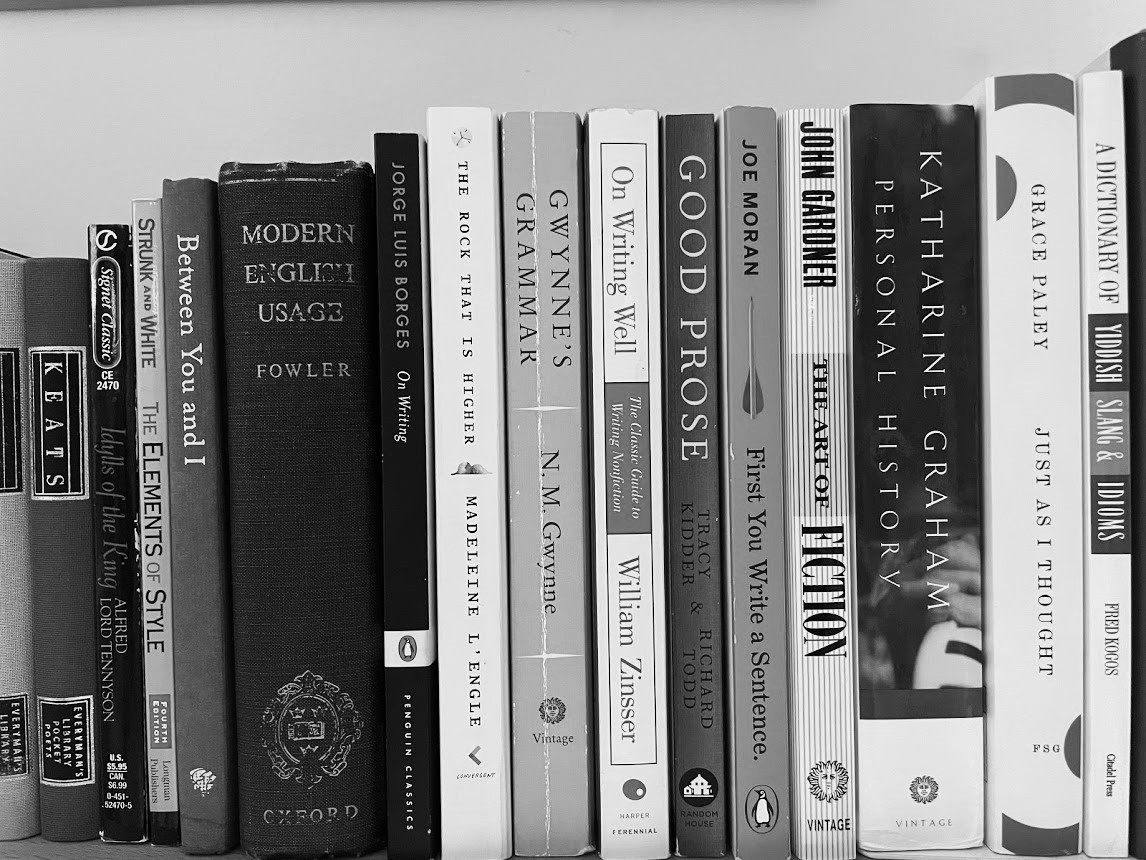
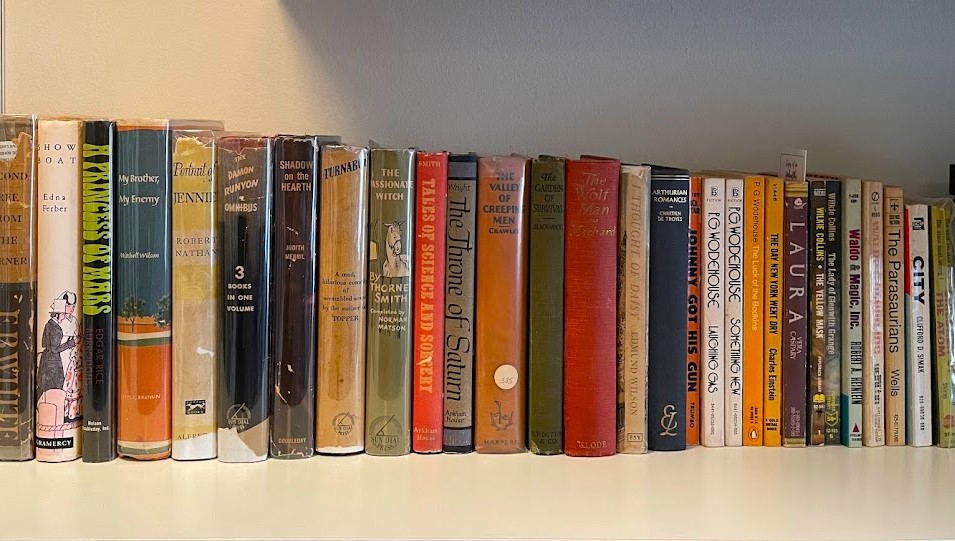
Is there a particular goal or mission driving your creative journey?
I don’t know if I would consider it a goal or mission, but I believe deeply in the connection between empathy and the quality of our work as artists. Being empathetic doesn’t mean you have endless reserves of patience or kindness all the time–it means you can imagine yourself in the situation of another person, using your own life experience and imagination, and as a result, be less judgmental and more understanding. Editing other people’s writing inevitably requires drawing the client out, and that requires trust. Trust is earned in a variety of ways, but I find that as long as I am listening carefully, I can provide the type of editing the client is looking for. As an actor, one of the first things you learn in any good acting class is to start recognizing your own behavior in that of others. Why did that person lose her temper and yell at that cashier? What might have happened just before that would put her in that mindset? Why is that person suddenly being friendly with a total stranger at a party? There are always reasons underlying what we do, and as an actor, a writer, an editor, the reasons are always the most interesting part and the source of the story we are trying to tell. If you aren’t empathetic, you won’t be a good detective–you won’t be able to unearth the why behind the story. For both humanist and practical reasons, empathy is a guiding force in all my work.

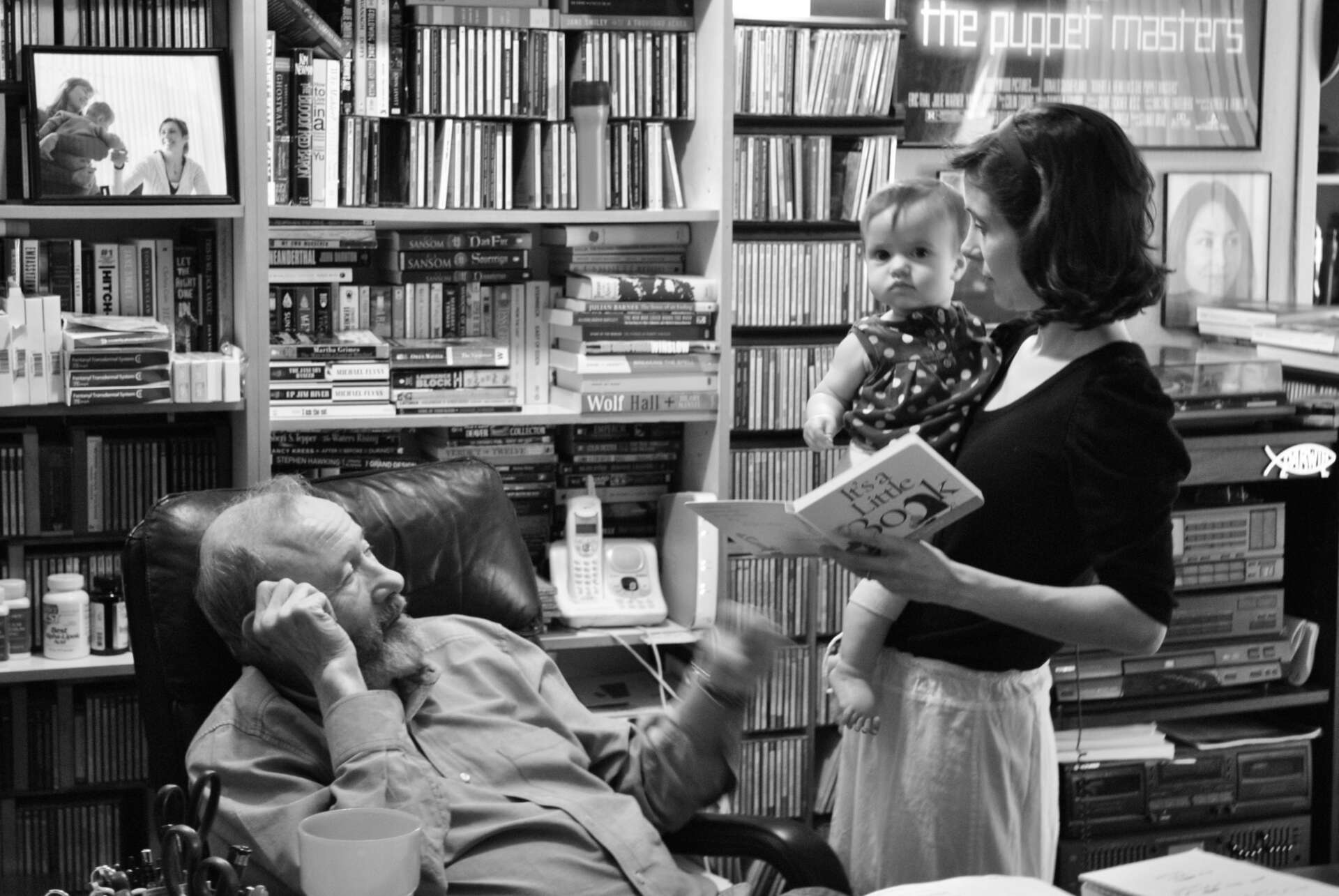
Contact Info:
- Website: www.lesliekendalldye.net
- Instagram: leslie_kendall_dye
- Twitter: @LKendallDye
- Youtube: https://www.youtube.com/watch?v=ChmHOV4R9Og&t=307s


